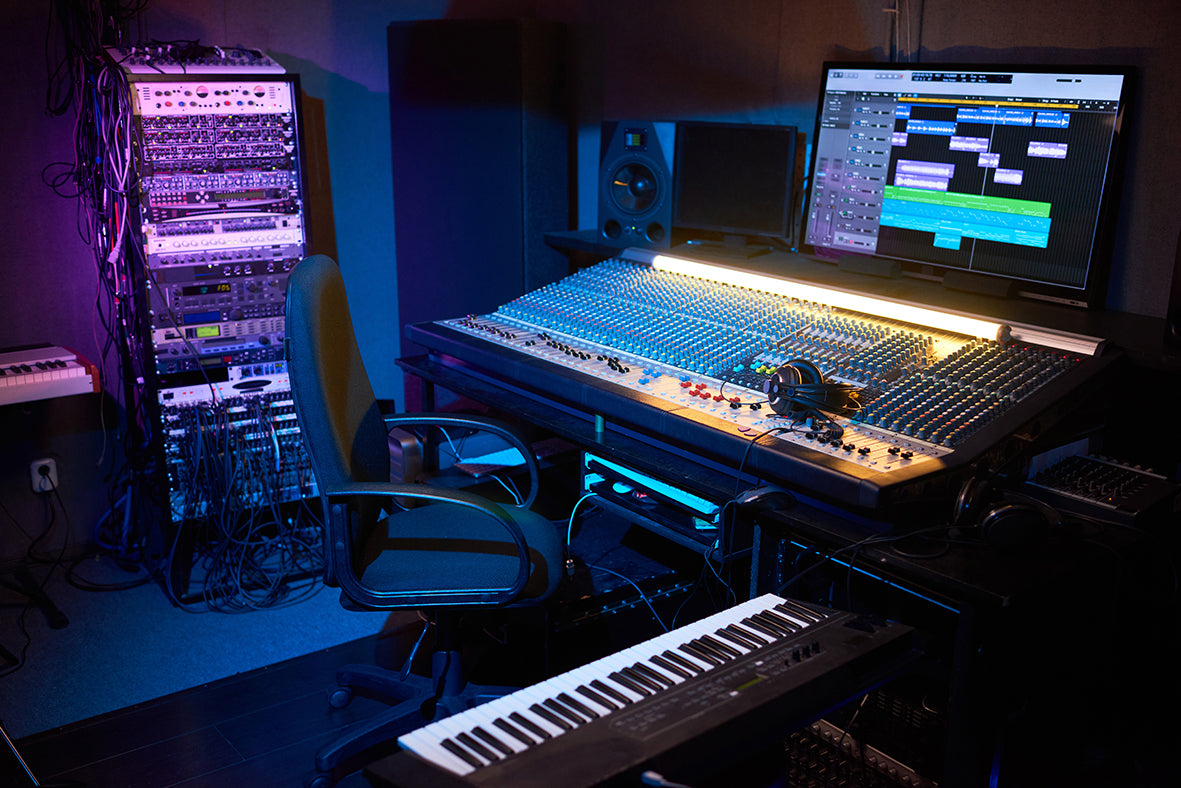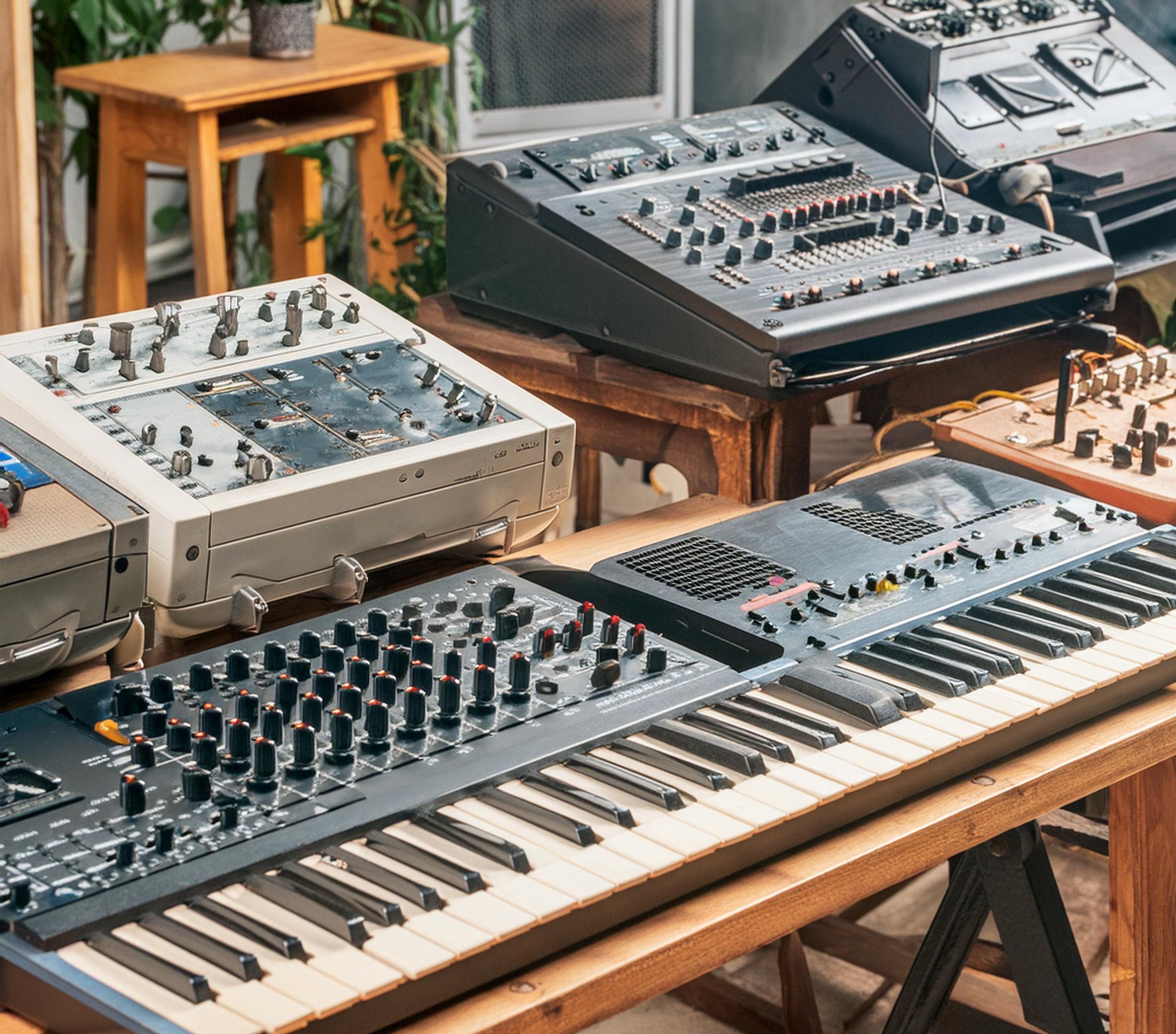Building Your Presence
3. Release Music Independently
Before getting signed, it's important to release your music independently. Platforms like SoundCloud, Bandcamp, and YouTube allow you to share your tracks with the world. These platforms are not only great for gaining an initial fanbase but also for attracting the attention of labels who often scout for fresh talent online.
4. Engage on Social Media
Building a following on social media is critical. Share snippets of your tracks, behind-the-scenes content, and engage with your fans regularly. Platforms like Instagram, Twitter, and TikTok can significantly amplify your reach. Engaging with other artists and participating in the online electronic music community can also increase your visibility.
5. Networking and Collaboration
The electronic music scene thrives on collaboration. Reach out to other producers for remix swaps, feature on each other’s tracks, and attend music events, both online and offline. Networking with fellow artists, DJs, and influencers can open up new opportunities and provide valuable industry connections.
Getting Noticed by Labels
6. Research Potential Labels
Not all labels are the same. Research labels that align with your music style and vision. Listen to their releases, understand their brand, and gauge whether your music would be a good fit. Creating a target list of labels can help focus your efforts.
7. Perfect Your Demo
Your demo is your calling card. Choose your best tracks and ensure they are polished and professional. Follow the submission guidelines of the label meticulously. Include a brief but compelling artist bio, highlighting your journey, achievements, and what sets you apart.
8. Leverage Press and Playlists
Getting featured on music blogs, popular playlists, and online radio shows can significantly boost your profile. Reach out to bloggers, playlist curators, and online radio stations with your best tracks. A track that gains traction on a major playlist can draw the attention of label A&R representatives.
The Signing Process
9. Approaching Labels
When you feel ready, send your demo to the labels you’ve identified. Personalize your approach—mention why you chose them and how your music fits their roster. Be professional and concise in your communication.
10. Negotiating the Deal
If a label shows interest, congratulations! This is where things get exciting but also require caution. Understand the terms of the contract thoroughly. Consider consulting with an entertainment lawyer to ensure you’re making a sound decision. Pay attention to details about royalty splits, rights, and obligations.
Life with a Label
11. Collaboration and Growth
Once signed, you’ll likely work closely with the label’s team on producing and promoting your music. This collaboration can open doors to new opportunities, including better production resources, marketing support, and live performance gigs.
12. Touring and Performing
Performing live is a significant aspect of an electronic music career. Gigs and tours help build a deeper connection with your audience and promote your music. Your label may help secure bookings and organise tours, allowing you to reach fans around the world.
Embrace the Journey
Getting signed to an electronic music label is a remarkable achievement, but it’s just the beginning. The music industry is dynamic, requiring constant adaptation and innovation. Stay true to your artistic vision, keep evolving your sound, and never lose sight of why you started making music in the first place.
Embark on this journey with passion and perseverance. The world of electronic music is vast and vibrant, waiting for your unique sound to add to its ever-evolving tapestry. Keep producing, keep performing, and most importantly, keep believing in your music. Your breakthrough moment might be just around the corner.



